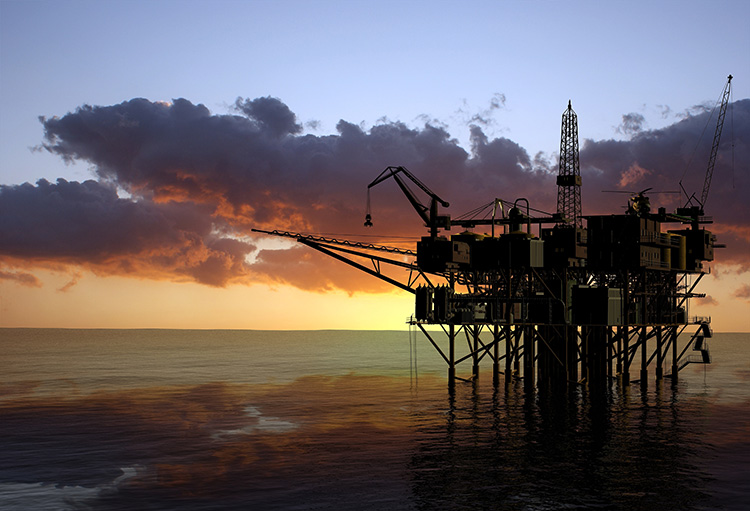Kuwait in Talks to Acquire Stake in Woodside’s $17.5 Billion Louisiana LNG Project
Kuwait is in early talks to buy a stake in a massive U.S. liquefied natural gas (LNG) project owned by Australian energy giant Woodside Energy Group. The deal, if finalized, could mark a significant step in strengthening energy ties between the Gulf state and the United States, while also boosting Kuwait’s long-term energy security.
The discussions are taking place between Woodside and Kuwait Foreign Petroleum Exploration Company (Kufpec), a subsidiary of the state-run Kuwait Petroleum Corporation. Kufpec is evaluating whether to purchase equity in the Louisiana LNG facility—formerly known as the Driftwood project—and may also look to secure future LNG supply from the plant once it becomes operational.
A Strategic Energy Move for Kuwait
Kuwait’s interest in the U.S. project aligns with its broader strategy to diversify its energy sources, reduce reliance on oil, and secure dependable LNG imports for its growing domestic needs. As global demand for cleaner energy alternatives rises, LNG has become a key transitional fuel for many nations aiming to lower emissions without sacrificing energy reliability.
According to people familiar with the matter, Kufpec’s involvement could include a financial stake in the project as well as offtake agreements—contracts to purchase LNG volumes once production starts.
Woodside’s Ambitious U.S. Expansion
For Woodside, the Louisiana LNG development is a cornerstone in its plan to become a leading global LNG supplier. The company aims to produce 27.6 million metric tons of LNG per year at the site, with operations expected to begin in 2029. The facility will be built in four stages and is estimated to cost around $17.5 billion.

Woodside acquired the project by purchasing U.S. LNG developer Tellurian for $1.2 billion in 2024, gaining control of the Driftwood development and rebranding it as the Louisiana LNG project.
Earlier this month, Woodside made significant progress by selling a 40% stake in the project’s infrastructure arm—Louisiana LNG Infrastructure LLC—to U.S.-based private equity firm Stonepeak for $5.7 billion. This deal covered a large portion of the project’s funding needs. Woodside is currently responsible for financing the remaining $11.8 billion, though additional partnerships could reduce that burden.
International Interest on the Rise
Kuwait isn’t the only party showing interest. Other potential investors reportedly include Tokyo Gas and JERA from Japan, as well as MidOcean Energy—a U.S.-based company backed by Saudi Aramco. These discussions highlight a growing trend of Middle Eastern and Asian companies seeking stakes in U.S. energy infrastructure, attracted by the country’s abundant natural gas reserves and stable regulatory environment.
With the U.S. now the world’s largest LNG exporter, strategic investments in American facilities are becoming increasingly attractive for energy-hungry nations that want stable and politically reliable sources of gas.
Balancing Global Operations
Woodside’s CEO, Meg O’Neill, has called the Louisiana LNG project a “transformational” asset for the company. It helps the Australian energy major expand its portfolio beyond its traditional home base and balance its Australian operations with higher-return international ventures.
“This is not just an infrastructure investment—it’s a gateway into one of the most dynamic energy markets globally,” O’Neill said in a recent interview. “LNG continues to play a key role in the energy transition, and this project positions Woodside at the forefront of that shift.”
The project is expected to deliver strong returns, with analysts forecasting a payback period of about seven years post-commissioning.
Environmental Debate Continues
Despite the economic optimism surrounding the project, environmental groups have raised serious concerns. Critics argue that investing billions into fossil fuel infrastructure contradicts global climate goals and prolongs reliance on carbon-emitting energy sources.
Will van de Pol, CEO of environmental group Market Forces, warned that the Louisiana LNG plant could emit carbon emissions equivalent to operating Australia’s largest coal power station for over a century. “This project locks us into fossil fuels for decades at a time when the world must be accelerating its shift toward renewables,” he said.
Woodside counters these concerns by claiming that LNG produces significantly fewer emissions than coal and can serve as a cleaner transitional fuel while renewable energy systems are scaled up worldwide. The company has also pledged to reduce the carbon intensity of its portfolio and invest in decarbonization technologies.
U.S.-Gulf Energy Collaboration Deepens
Should the deal with Kuwait move forward, it would represent a growing trend of economic and energy cooperation between the United States and Gulf nations. Recent years have seen increasing Gulf state investment in American LNG, refining, and petrochemical infrastructure.
For Kuwait, which imports LNG to power its industries and meet peak electricity demand during the summer, this partnership could provide a steady, long-term supply of gas at favorable terms. The investment also supports Kuwait’s vision of becoming a more active player in global energy markets, beyond its traditional role as a crude oil exporter.
What’s Next?
Talks between Woodside and Kufpec are still ongoing, and no final agreement has been reached. However, both sides are said to be optimistic about the outcome. If Kuwait proceeds with the investment, the deal would bring a major source of financing to the Louisiana LNG project and further internationalize its ownership.
As global demand for LNG continues to grow, particularly in Asia and the Middle East, major developments like this are likely to play a critical role in shaping the future energy landscape.
Conclusion
The potential partnership between Woodside and Kuwait is more than just a business deal—it reflects the shifting dynamics of global energy, where traditional oil giants are turning to gas and cross-border collaborations are essential to funding and operating massive infrastructure projects. With production still several years away, the Louisiana LNG plant will remain a focal point for energy investors, environmental advocates, and geopolitical analysts alike.
For more information click here
Qatar’s Ashghal Set to Award Major Healthcare Design Contract Soon


